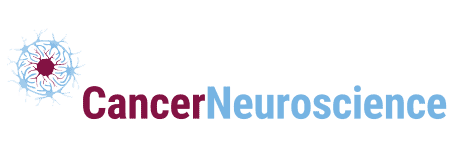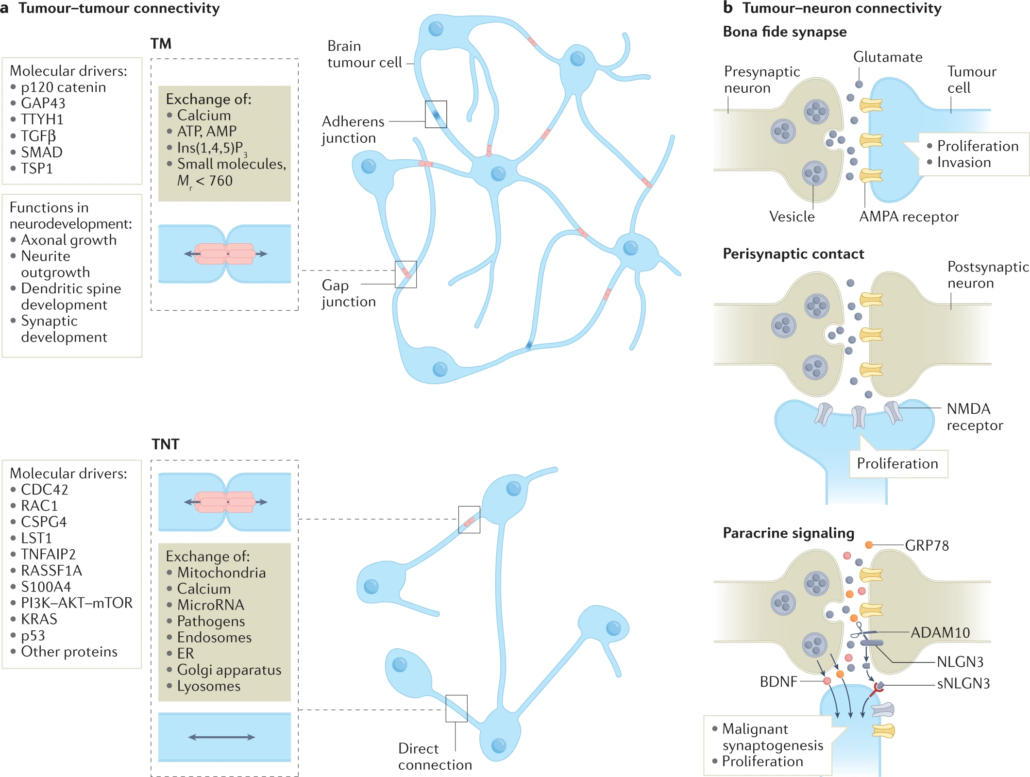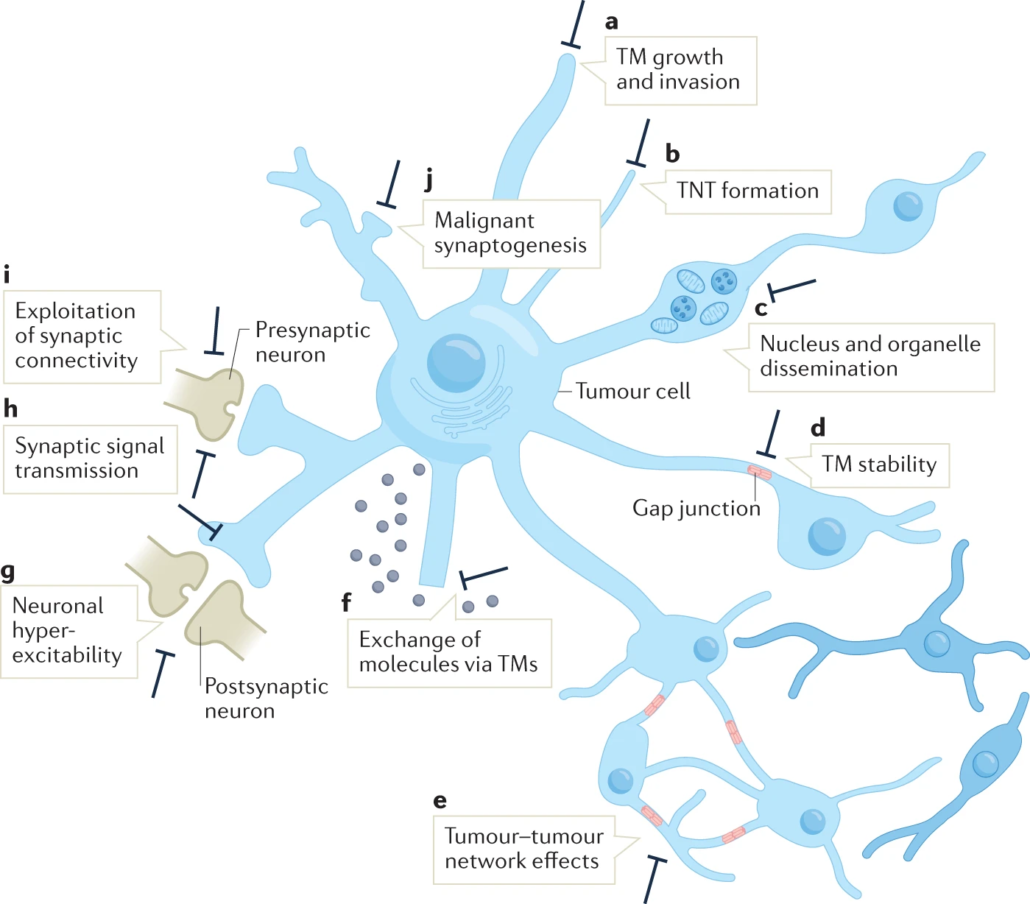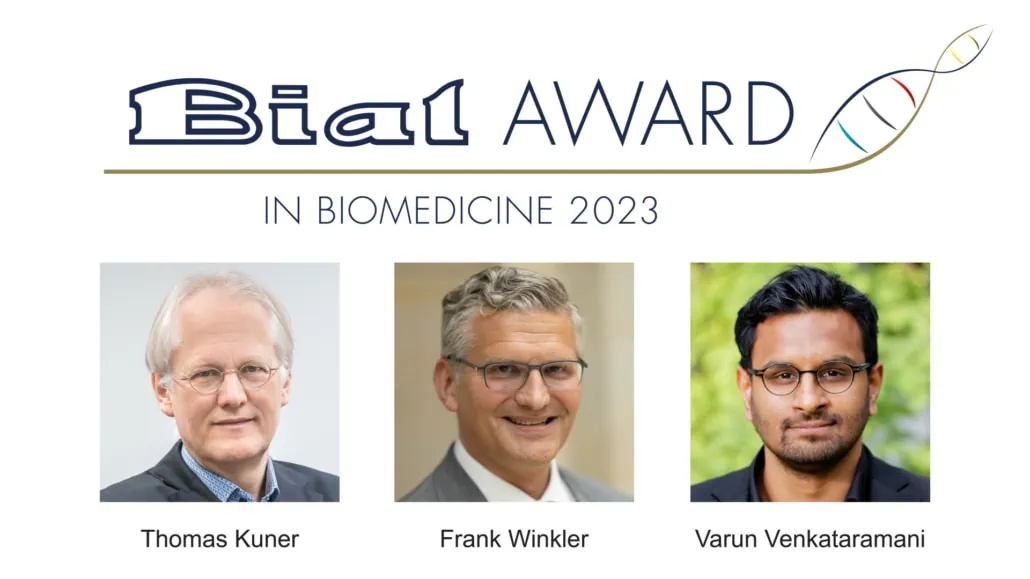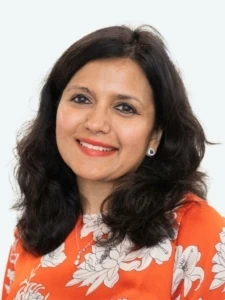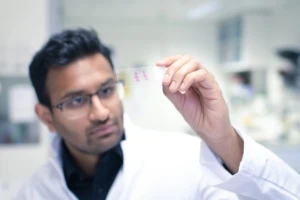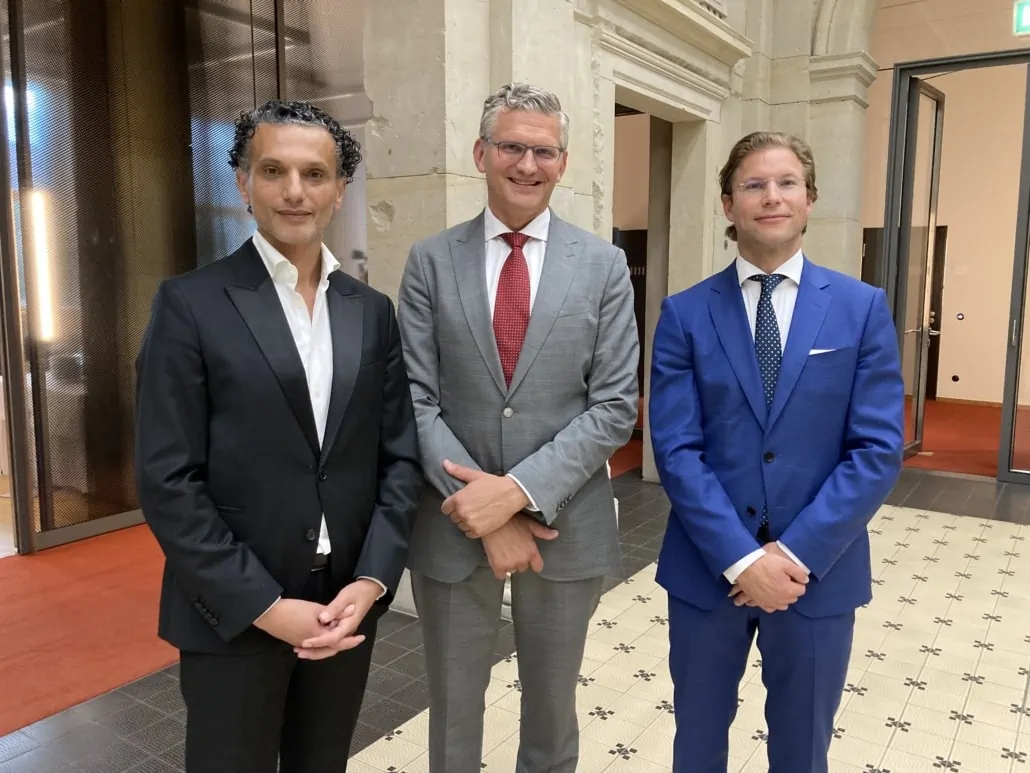Publications and Awards
Publications
Cancer Neuroscience
Below is a list with our key publications on Cancer Neuroscience:
A H3K27M-targeted vaccine in adults with diffuse midline glioma
Grassl N., Poschke I., Lindner K., Bunse L., Mildenberger I., Boschert T., Jähne K., Green E.W., Hülsmeyer I., Jünger S., Kessler T., Suwala A.K., Eisele P., Breckwoldt M.O., Vajkoczy P., Grauer O.M., Herrlinger U., Tonn J., Denk M., Sahm F., Bendszus M., von Deimling A., Winkler F., Wick W., Platten M., Sahm K., Nature Medicine, 2023
NLGN4X TCR transgenic T cells to treat gliomas
Krämer C., Kilian M., Chih Y., Kourtesakis A., Hoffmann D.C., Boschert T., Koopmann P., Sanghvi K., De Roia A., Jung S., Jähne K., Day B., Shultz L.D., Ratliff M., Harbottle R., Green E.W., Will R., Wick W., Platten M., Bunse L., Neuro-Oncology, 2023
The winner takes it all: Competition drives clonal selection in gliomagenesis
Winkler F., Cancer Cell, 2023
Glioblastoma revisited: from neuronal-like invasion to pacemaking
Heuer S., Winkler F., Trends in Cancer, 2023
Deep intravital brain tumor imaging enabled by tailored three-photon microscopy and analysis
Schubert M.C., Soyka S.J., Tamimi A., Maus E., Denninger R., Wissmann N., Reyhan E., Tetzlaff S.K., Beretta C., Drumm M., Schroers J., Steffens A., Walshon J., McCortney K., Heiland S., Golebiewska A., Kurz F.T., Wick W., Winkler F., Kreshuk A., Kuner T., Horbinski C., Prevedel R., Venkataramani V., bioRxiv, 2023
Ratliff M., Karimian-Jazi K., Hoffmann D.C., Rauschenbach L., Simon M., Hai L., Mandelbaum H., Schubert M.C., Kessler T., Uhlig S., Azorin D.D., Jung E., Osswald M., Solecki G., E Maros M.E., Venkataramani V., Glas M., Etminan N., Scheffler B., Wick W., Winkler F., Neuro-Oncology, 2023
Targeted anticonvulsive treatment of IDH-wildtype glioblastoma based on DNA methylation subclasses
Drexler R., Göttsche J., Sauvigny T., Schüller U., Khatri R., Hausmann F., Hänzelmann S., Huber T.B., Bonn S., Heiland D.H., Delev D., Venkataramani V., Winkler F., Weller J., Zeyen T., Herrlinger U., Gempt J., Ricklefs F.L., Dührsen L., Neuro-Oncology, 2023
IGSF3-mediated potassium dysregulation promotes neuronal hyperexcitability and glioma progression
Venkataramani V., Trends in cancer, 2023
Karreman M.A., Bauer A.T., Solecki G., Berghoff A.S., Mayer C.D., Frey K., Hebach N., Feinauer M.J., Schieber N.L., Tehranian C., Mercier L., Singhal M., Venkataramani V., Marc C Schubert M.C., Hinze D., Hölzel M., Helfrich I., Schadendorf D., Schneider S.W., Westphal D., Augustin H.G., Goetz J.G., Schwab Y., Wick W., Winkler F., Cancer Research, 2023
Cancer neuroscience: State of the field, emerging directions
Winkler F., Venkatesh H.S., Amit M., Batchelor T., Demir I.E., Deneen B., Gutmann D.H., Hervey-Jumper S., Kuner T., Mabbott D., Platten M., Rolls A., Sloan E.K., Wang T.C., Wick W., Venkataramani V., Monje M., Cell, 2023
Autonomous rhythmic activity in glioma networks drives brain tumour growth
Hausmann D., Hoffmann D.C., Venkataramani V., Jung E., Horschitz S., Tetzlaff S.K., Jabali A., Hai L., Kessler T., Azoŕin D.D., Weil S., Kourtesakis A., Sievers P., Habel A., Breckwoldt M.O., Karreman M.A., Ratliff M., Messmer J.M., Yang Y., Reyhan E., Wendler S., Löb C., Mayer C., Figarella K., Osswald M., Solecki G., Sahm F., Garaschuk O., Kuner T., Koch P., Schlesner M., Wick W., Winkler F., Nature, 2023
Insights and opportunities at the crossroads of cancer and neuroscience
Pan, C., Winkler, F., Nature Cell Biology, 2022
Cognitive Deficits in Long Covid-19
Venkataramani V., Winkler F., New England Journal of Medicine, 2022
Brain Tumor Networks in Diffuse Glioma
Yang Y., Schubert M.C., Kuner T., Wick W., Winkler F., Venkataramani V., Neurotherapeutics, 2022
Shining a light on tumour behaviour
Venkataramani V., Nature Reviews Cancer, 2022
Venkataranani V., Winkler F., Der Nervenarzt, 2022
Out in Nature Review Cancers: Disconnecting multicellular networks in brain tumours
High grade gliomas form a malignant tumour cell network via tumour microtubes leading to therapy resistance of the untreatable tumour – glioblastoma. Newer studies have shown, that glioma cells not only form networks with themselves but furtherly connect themselves with the tumour microenvironment. The communication with neurons in a direct synaptic, perisynaptic and paracrine manner contributes to tumour proliferation and progression.
Fig. 1: Heterogeneous and cooperative tumour networks in glioma.
In this review, Venkataramani et al. characterise glioma network communication on multiple levels. Thereby the authors distinguish between tumour-tumour-connectivity and tumour-neuron connectivity. After giving an overview of structures contributing to the malignant network, targeted therapeutic options are suggested to inhibit the tumour-tumour and tumour-neuron-connectivity in brain tumours. Lastly, the authors discuss potential relevance of these connective networks in other histological types of brain tumours and other cancer entities outside the brain, leading to the need to study and understand the growing field of cancer neuroscience.
Fig. 2: Potential strategies for therapeutic disconnection.
Adapted from Venkataramani, V., Schneider, M., Giordano, F.A. et al. Disconnecting multicellular networks in brain tumours. Nat Rev Cancer (2022). https://doi.org/10.1038/s41568-022-00475-0
Awards
Prestigious BIAL Award in Biomedicine 2023 for groundbreaking findings on brain tumors goes to Dr. Venkataramani and Professors Winkler and Kuner
Dr. Varun Venkataramani, Prof. Frank Winkler, and Prof. Thomas Kuner have discovered how nerve cells in the brain make contact with glioblastoma tumor cells and thus fuel their spread. The team has been honored by the Portuguese BIAL Foundation with the highly endowed “BIAL Award in Biomedicine”. The BIAL Award in Biomedicine 2023 ceremony took place on February 20 at the Reitoria da Universidade Nova de Lisboa, and it was attended by the Minister of Health, Manuel Pizarro.
Photo: This year’s winners of the BIAL Award in Biomedicine. Source (from left): Heidelberg University Hospital, berlin-event-foto.de, Carina Kircher and Gerald Bendner.
The prize, endowed with 300,000 euros, is awarded every two years by the Portuguese BIAL Foundation and recognizes a scientific discovery in the field of biomedicine of exceptional quality and scientific relevance. Congratulations on this well-deserved and prestigious award in Biomedicine.
Winning Paper: “Glutamatergic synaptic input to glioma cells drives brain tumour progression”
Authors | Corresponding authors*: Varun Venkataramani*, Dimitar Ivanov Tanev, Christopher Strahle, Alexander Studier-Fischer, Laura Fankhauser, Tobias Kessler, Christoph Körber, Markus Kardorff, Miriam Ratliff, Ruifan Xie, Heinz Horstmann, Mirko Messer, Sang Peter Paik, Johannes Knabbe, Felix Sahm, Felix T. Kurz, Azer Aylin Acikgöz, Frank Herrmannsdörfer, Amit Agarwal, Dwight E. Bergles, Anthony Chalmers, Hrvoje Miletic, Sevin Turcan, Christian Mawrin, Daniel Hänggi, Hai-Kun Liu, Wolfgang Wick, Frank Winkler* & Thomas Kuner*
Published: Nature, Volume 573, P532-538, September, 2019.
Gottfried Wilhelm Leibniz Prize 2024 for Prof. Dr Rohini Kuner
The Gottfried Wilhelm Leibniz Prize – the most important research award in Germany – has been awarded annually since 1986 by the German Research Foundation. Up to ten prizes can be awarded each year with prize money of 2.5 million euros each. The awards for the year 2024 go to three women and seven men, including Rohini Kuner. The purpose of the Leibniz Programme, established in 1985, is to honour outstanding scientists and scholars, to expand their research opportunities and facilitate the employment of particularly qualified early career researchers. The prizes are presented on 13 March 2024 in Berlin.
Photo: Prof. Rohini Kuner | © Jule Kühn
With the award, the DFG pays tribute to Prof. Kuner’s ground-breaking studies on mechanisms underlying chronic pain. Her research aims to identify the causes in order to address them pharmacologically. Prof. Kuner is the Managing Director of the Institute of Pharmacology, which is based in the Medical Faculty Heidelberg.
Publication Prize 2023 Else Kröner Fresenius Stiftung for Dr. med. Dr. rer. nat. Varun Venkataramani
Three young scientists have been honored with the publication prize for their outstanding publications which have arisen from funding on the part of the foundation. Each of the prizes is endowed with EUR 10,000 for use at the prizewinner’s personal discretion. Congratulations to Cancer Neuroscience scientist Dr. med. Dr. rer. nat. Varun Venkataramani (photo), Department of Neurology, University Hospital Heidelberg.
Photo: Dr. Varun Venkataramani | © Carina Kircher
He received the EKFS Publication Prize 2023 for his outstanding paper in Cell 2022: https://www.cell.com/cell/pdf/S0092-8674(22)00847-9.pdf.
Publication summary: Glioblastoma cells, the most aggressive form of brain tumors, mimic the properties and movement strategies of immature nerve cells to colonize the brain. Using newly developed intravital microsopy methodologies, this manuscript provides detailed insights into the tumor’s spreading mechanisms. The cell structures typical of glioblastomas are formed by cancer cells that spread out, move through healthy brain tissue, settle in suitable locations, and then form malignant, stationary networks. The movement patterns and contacts with healthy nerve cells are similar to those of nerve cell precursor cells. These findings could provide starting points for new therapies, as glioblastomas survive operations and intensive chemotherapy due to their whole-brain colonization. Future steps include deciphering the molecular mechanisms of movement, communication with nerve cells, and network formation.
German Cancer Award 2022 in Translational Research for Prof. Dr. med. Frank Winkler by DKG
Since 1986, the prize is awarded annually to the following categories excellent research, experimental basic research, translational research and tumour diagnostics and treatment with a monetary prize of €7,500. This year’s recipients are:
Prof. Salah-Eddin Al-Batran for Clinical Research
Prof. Mathias Heikenwälder for Experimental Research
Prof. Frank Winkler for Translational Research
Photo: DKG/Mader
Frank Winkler
As a fundamental scientist in the field of experimental neurooncology, Frank Winkler was trained in Hamburg, Freiburg, London, Munich and Boston (Rakesh Jain Lab). Now, he works as a managing senior physician at the Department of Neurology at University Hospital Heidelberg and leads his own lab at the German Cancer Research Center. He and his team have discovered important structures like membranous protrusions called tumour microtubes and neuron-glioma synapses contributing to the understanding of the malignancy and therapeutic resistance of high grade gliomas in adults. We therefore send out our biggest congratulations for the well deserved prestigious prize in cancer research.
